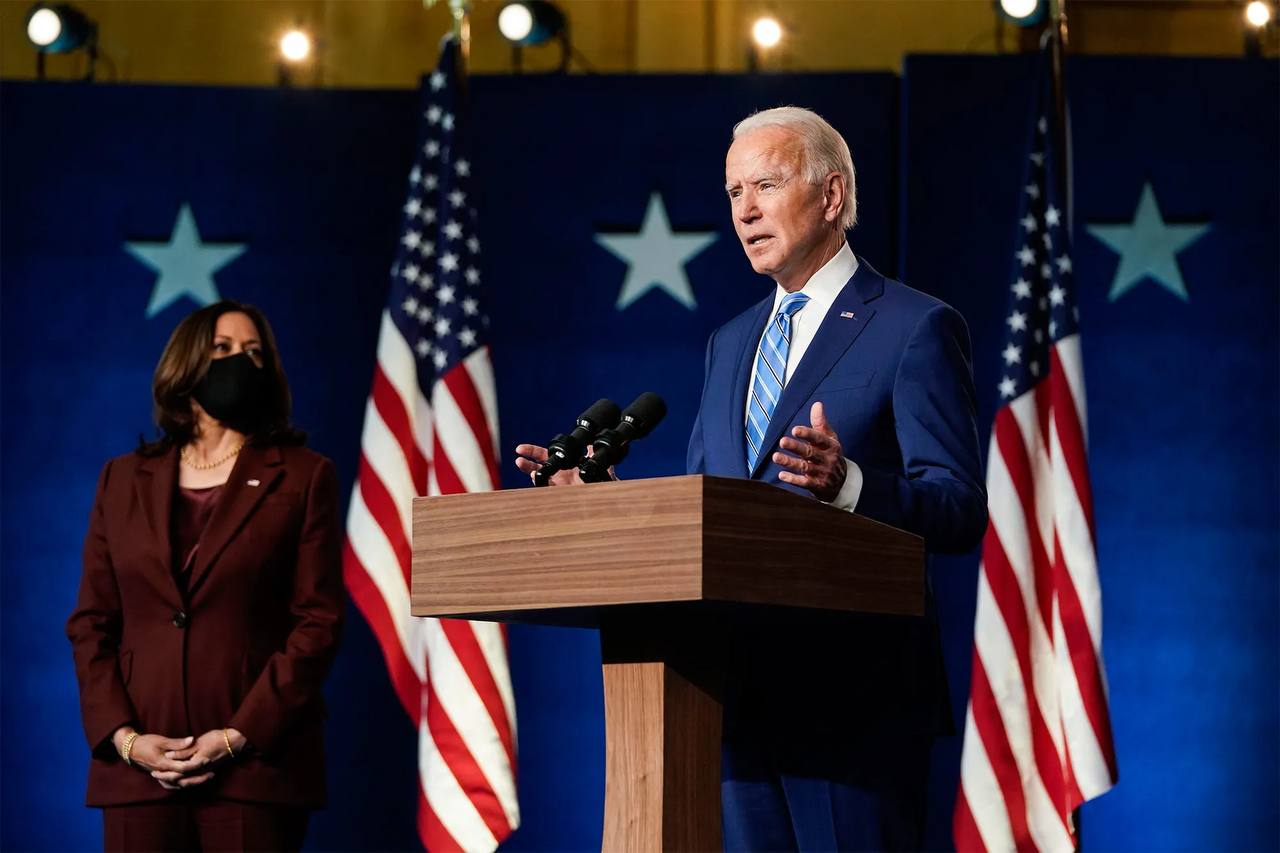
However, heavy snowfalls in the east of the country, including Washington, prompted the head of state to show concern for ordinary employees of the department, who would find it difficult to reach the place, and postpone the meeting until a later date.
Before Joe Biden took office, it was clear to Americans and the whole world that Washington’s foreign policy was undergoing a change. And it is not because a Republican is replaced by a Democrat. Absolutely not. This is exactly because Trump was in power in the United States. Some people liked it, some people waited for the change of the head of the Oval Office with open impatience, but all of them had one thing in common: the awareness of the inevitable changes with the arrival of a new leader.
Before we analyse the US foreign policy strategy during the Joe Biden administration, let us remind ourselves a simple but not very pleasant truth: the world is not Ukraine-centric, as the Ukrainian citizens wish it to be. Joe Biden is unlikely to wake up every day thinking “What else can I do for Ukraine tomorrow?”. The US President and the Department of State, as the main institutions for the foreign policy implementation, face the whole world, where the interests of the United States must be protected, promoted, and in some places they have to regain the lost ground. And although Ukraine is on the US international agenda, it has a lot of company there.
The CNN reporter Kevin Liptak rightly pointed out that Biden planned a visit to the Department of State before the one to the Pentagon or the CIA, which may be another demonstration of Joe Biden’s foreign policy strategy and its nature: the main focus will be on diplomacy and soft power, not on force and military interventions.
It is also clear that Donald Trump’s slogan “America First” becomes a thing of the past, and is replaced by a prevailing wisdom aimed at restoring the role and place of the United States in the system of international relations. It is not known what Biden will say when he finally makes his way through the snowdrifts to the Department of State, but it is known what Anthony Blinken, the Department’s new head, has said in his first address to his subordinates: “I know that the Department of State I came to today is not the one it used to be four years ago when I left it. A lot has changed. The world has changed. The department has changed”, hinting at a return to the recognition of professionals and their work in the functioning of the department.
We can try to visualize ourselves in shoes of the President of the United States and predict what he will definitely say at the postponed meeting. No prizes for guessing that he will prioritize normalization of relations with the EU and NATO and declaring a return to the principle of multilateralism (as opposed to the principle of “Quidpro quo” and the emphasis on the bilateral relations during the Trump years). The United States have already rejoined the Paris Climate Agreement and the World Health Organization. The decision on the US policy towards China and Taiwan will be reviewed. The confrontation with China, Russia and Iran will acquire a new content. Iran is worth considering separately: a US return to the nuclear agreement with Iran is an extremely important element of the US foreign policy strategy in the Middle East during the Biden administration (which, by the way, will let the Iranian oil re-enter the market and put pressure on Russia again).
And what about Ukraine? We cannot read Biden’s mind. We will hope that he will mention Ukraine during his speech. However, Anthony Blinken has already had a telephone conversation with the Ukrainian Foreign Minister Dmytro Kuleba. He expressed the US’ “unequivocal support for sovereignty and territorial integrity” of Ukraine and promised to continue providing economic and military assistance. However, Blinken also did not forget to remind about “the importance of maintaining Ukraine’s efforts fighting corruption and implementation of the rule of law and economic reforms”. Sapienti sat, as they say…